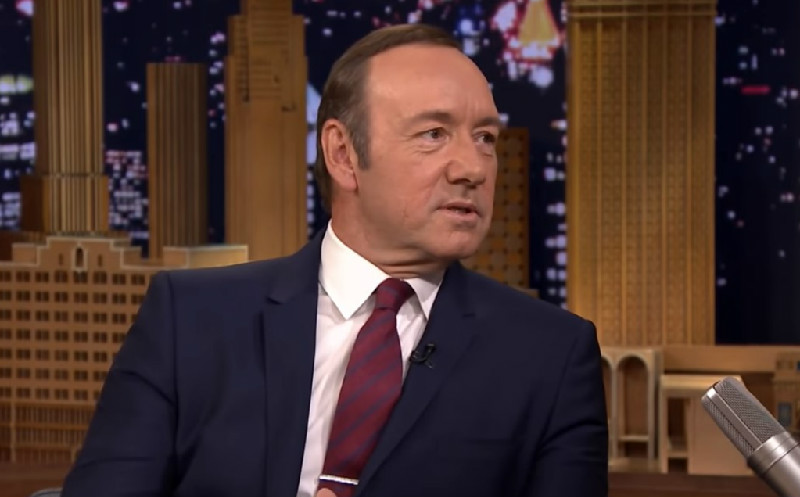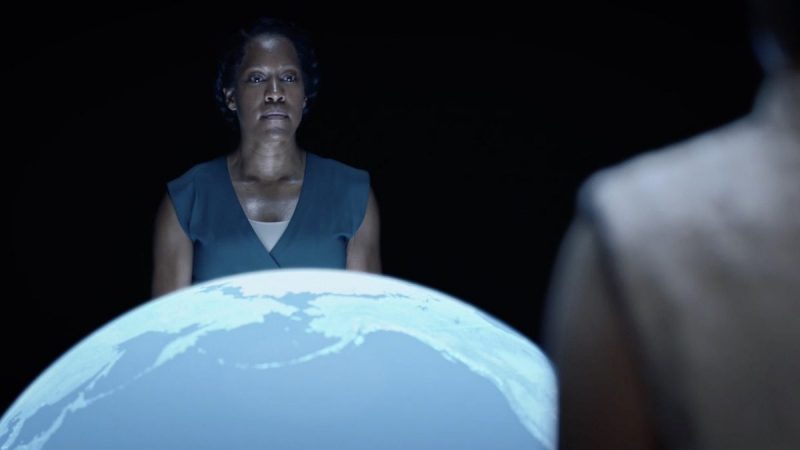Should We Be Watching Kevin Spacey Movies Now?

Recently, we at Contemptor noticed a conundrum that is troubling media consumers. The #MeToo movement has been doing good work for well over a year now, and in the wake of the disgrace of many (almost all male) actors and other public figures, movie studios have been left with dilemma after dilemma. What should be done with films — often created in whole or in part before accusations of sexual assault came out against a headlining actor — that star such disgraced actors?
Take the case of Kevin Spacey. The actor has been accused of groping, harassing, and assaulting at least fifteen men, many incidents dating back to the victims’ teenage years. Spacey incurred the wrath not only of movements against rape culture, but also more specifically of the LGBTQ+ community, when he used the accusations as a stepping stone toward coming out, attempting to garner sympathy by using the bigoted stereotypical link between closeted gay men and pedophiles to his own advantage.
Despite this despicable behavior, the fact remains that Spacey was a working actor at the time that the accusations began to emerge, and that he was in demand and at work on several projects. The critically acclaimed Netflix show House of Cards, in which he starred at the time, was able to survive by writing his character out the following season. But Spacey has worked in film for much of his life, and a film starring a disgraced actor is a dicey proposition. How should we react to the release of a film whose star deserves only our scorn? Who suffers when a film fails because of its star’s disgrace? And what is the legacy of popular films released before allegations against their lead actor came to light?
These were the questions brought to mind when we noticed that Showtime was still carrying several of Spacey’s movies, including his latest, Billionaire Boys Club, which was filmed before his fall but released after. After a quiet video-on-demand release, the film came out in theatres and earned a record low for a Spacey film — even taking the prior VOD release into account. While the movie is reputed to be mediocre at best, with its paltry 12 reviews on Rotten Tomatoes resulting in an 8% rating, that’s beside my point here. The point is that, while this movie was unlikely to have a great release, the truly abysmal release it got is probably due to Spacey’s reprehensible behavior.
But what of the other hundred-plus people employed on a given movie set? In Spacey’s case, the punishment of the film’s flopping is deserved. But what about the other actors, such as sweethearts Ansel Elgort and Emma Roberts? What about the director and writers and crew of the film? Certainly, the film’s being a flop won’t affect the careers and livelihoods of everyone involved, but for some, it could be a major setback. At the very least, it’s something they put time and artistic skill into. And Spacey’s criminal behavior sunk their collaborative product.
Then again, actors in Ridley Scott’s All the Money in the World agreed to reshoot the scenes Spacey had been featured in, with Christopher Plummer taking the role, in order to rescue the film (Mark Wahlberg is the only one who did not waive his fee). This saved the film, and honestly, almost any performance can be improved by replacing it with Christopher Plummer. So if a cast and crew are willing and able to work at it (and they are not, of course, always able), there is a solution. But hundreds have been disgraced by #MeToo and #TimesUp, and the reshooting process, while admirable on the part of Scott and his team, is not an across-the-board solution.
Many of the oft-cited cases of the fall of an artist’s work in the wake of their discrediting are a bit more clear-cut. In the case of Mel Gibson, for instance, there was such a thing as “a Mel Gibson movie.” He was an actor-producer who financed and defined his projects. Those who worked on Mel Gibson movies actively chose to work with Mel Gibson. The same with actors and other film professionals that persist in working with Woody Allen. It is entirely reasonable to boycott these projects because they are primarily an expression of the primary creator’s personality. And they go primarily to his financial gain.
But Kevin Spacey is (or was, since it’s probably safe to say he’ll never work again) an actor, not a producer or an auteur. Sure, he was talented and popular, but he was just a piece of the puzzle in each film he acted in. A screenwriter doesn’t necessarily know, when she’s writing a film, that Kevin Spacey is going to star in it. A director might sign on to the project without having decided on a lead actor. An actor could easily be cast before Spacey’s contract has been negotiated. The people who work with an actor, as opposed to working with or for an actor-creator, shouldn’t always be held liable for that choice. It might, after all, not have been a choice at all.
Then there is the question of an artist’s past, pre-disgrace works. How many people do you know whose knee-jerk reaction is to defend Woody Allen because they like Annie Hall? Everybody likes Annie Hall. It’s an entertaining and genre-defining classic. But its creator is, as I think it’s pretty safe to say of any pedophile, a monster. Imagine a dragon attacks your village, killing hundreds, but leaves a beautifully wrought cathedral in its wake. The proposal to slay the beast immediately becomes more complicated. Shouldn’t we preserve its knowledge of architecture?
And so there is the question of popular and critically acclaimed movies starring Spacey, such as A Time to Kill, American Beauty, The Usual Suspects and Seven, among others. These films are major contributors to our cultural consciousness, and it’s not in question whether they should remain available to us in some form. Of course they should. We haven’t stopped examining the Sex Pistols as a cultural phenomenon, or enjoying their music, simply because the group revolved around the personality of an eventual murderer. But just because something should not be censored does not mean it deserves a platform. The question is not whether Spacey’s films should be erased from existence, but whether they should be promoted by a company as large as Showtime.
We asked Showtime for a comment on their policy regarding the complexities of their decision to keep Spacey’s movies in circulation, but received no response.
So what is to be done? In the short term, I have no answer. Business ethics are complex, especially in a situation that involves art and publicity in such high degrees. I hope that this article will contribute to an impetus to debate such matters, and for consumers to make their decisions actively. In the long term, of course, the solution is simple: cut powerful men who abuse and assault others out of the industry. On that, there can be little debate.






